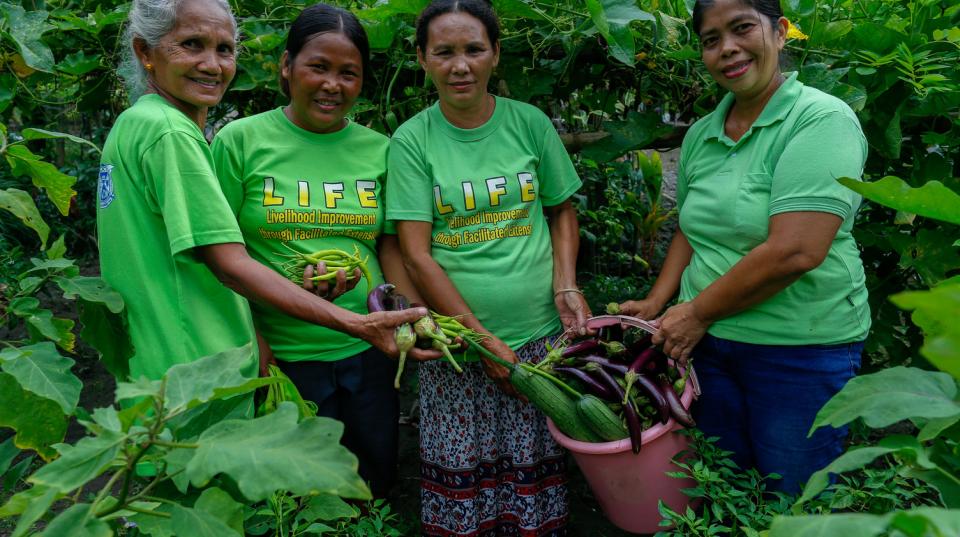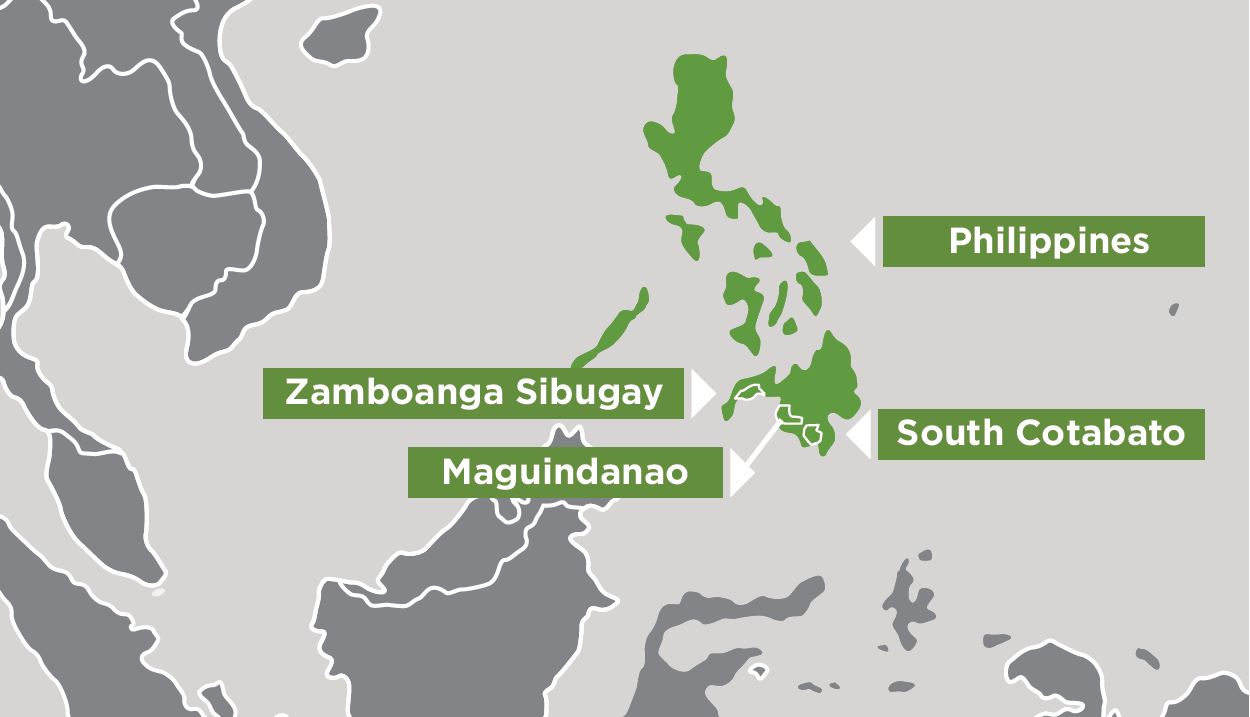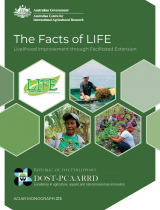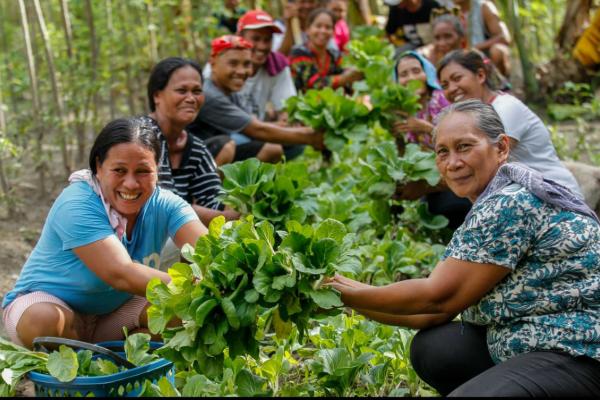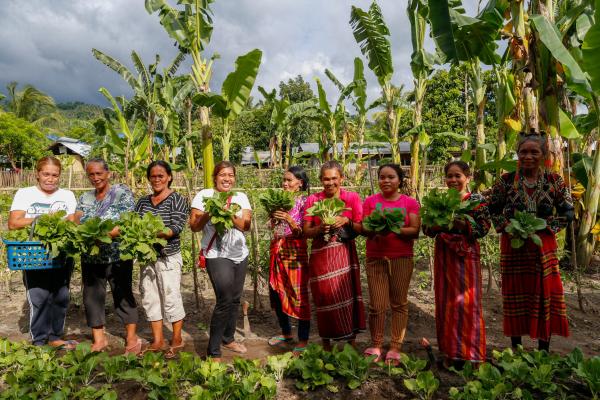Overview
This project aimed to develop an improved ‘model’ for agricultural extension in conflict areas of Mindanao.
Farming households within conflict-vulnerable areas of Mindanao face many challenges to improving their livelihoods.
These include dislocation to farm activities, difficulty in accessing markets, uncertainty about long-term investment in farm infrastructure, lack of social cohesion and isolation from government information and services.
Previous ACIAR-funded work in other areas of Mindanao has highlighted how certain types of community-based extension methods can rapidly improve livelihoods of farming households. This project aims to refine and evaluate these extension methods in the more complex setting of conflict-vulnerable areas of western Mindanao.
The project worked with relatively poor farmers to help improve and diversify their income away from single livelihood mainstays such as mono-cropping of corn and the environmentally destructive practice of charcoal production. Two new farmer enterprises – tree nursery production and high-value vegetable production – have been introduced and saw an almost complete cessation of charcoal production by participating communities.
Project outcomes
- Successful livelihood development programs established with farming households and Local Government Unit (LGU) technicians in six pilot communities.
- Tree nursery production and high-value vegetable production developed. Tree nursery activities added 10-20% to farmers’ annual income.
- In each of the pilot sites, the livelihood development program is delivered through an improved model for agricultural extension targeted at assisting agencies.
- Women are taking leadership roles, building trust, maintaining farms and food production, initiating small enterprise and supporting community-based recovery processes.
- The project collaborated with the Philippine Council for Agriculture Aquatic, and Natural Resources Research and Development at three new sites adjacent to the ACIAR project sites, to assist scaling-up of the project outcomes at the national government level.
